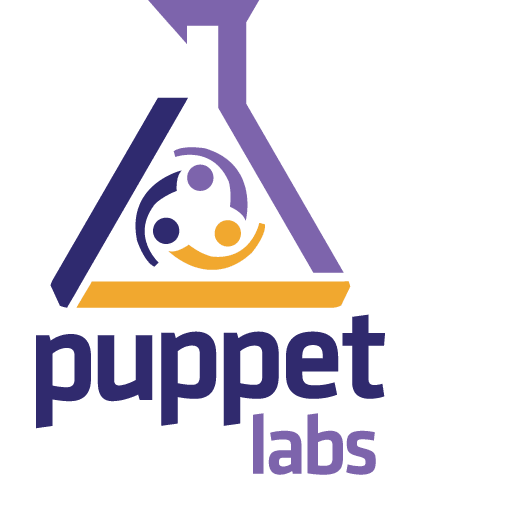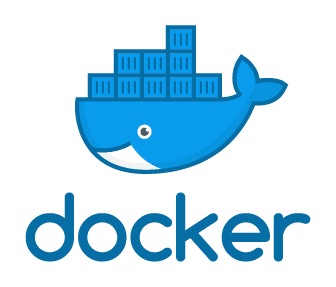Tag: Tools
In our Tools section, we take a look at all the various tools our admins use in their daily lives to maintain the integrity of our servers.
How to Edit Your DNS Hosts File
One of the most powerful tools available to anyone working on their site during a migration is their computer's "hosts" file. The hosts file is used to map domain names to IP addresses, and can be used as an alternative to DNS. It also allows you to specify the IP address to which a website resolves on your computer, regardless of what may be published in the site's DNS zone file.
What is Configuration Management?

Configuration management is the process by which a company or organization defines and tracks the state of its infrastructural resources. Encapsulated in those resources are both physical hardware and software. It is a means to ensure that when changes are made to a system, those changes are tracked, geared toward the ultimate predefined criteria of what state should be.
What is Puppet and What Role Does it Play in DevOps?
What is Puppet?

Puppet is a cross-platform client-server based application used for configuration management. It handles the software and its configurations on multiple servers. There are two versions available. One is open-source, the other is a commercial version. It works on both Linux and Windows platforms. It uses a declarative approach to automate updates, installations, and other tasks. This feature allows the software to configure those systems using files called manifests. A manifest contains the instructions for a group or type of server(s) being controlled.
What is the Difference Between Git and GitHub?
What is Git?

Git is a distributed version control system (or VCS), typically used to track files changes. It was developed in 2005 by Linus Torvalds, the creator of the Linux kernel. Git’s primary use is to keep track of changes within source code during the software development process. Source Code Management or SCM was the primary reason for its creation.
How to Clear Browser Cache and Cookies
What is the Browser Cache?
The browser cache is used for storing website data like HTML, CSS, JavaScript, and images. Caching is a method of storing data that can be used later. Like other programs that you may have installed, browsers use caching to store website data on your computer instead of requesting the data from a web server to make web pages load faster.
How Has Containerization Changed the World?

The arrival of containerized software has drastically changed the landscape of web hosting, and web application provides. The simplification and speed that comes with containers make deploying services like websites so efficient that the traditional model of dedicated servers running specific web-based software is almost obsolete. This being said, there will always be a place for virtual server projects and dedicated servers handling specific tasks like HIPAA compliant hosting services.
How To Install Git on Ubuntu 16.04 LTS
Git is one of the most popular tools used as a distributed version control system (VCS). Git is commonly used for source code management (SCM) and has become more used than old VCS systems like SVN. In this article, we'll show you how to install Git on your Ubuntu 16.04 cloud dedicated server.
What is Cloud Automation?
How to Install INXI on Ubuntu 18.04
INXI is one of the best tools that offer a straightforward and comprehensive method for obtaining a wealth of information about a server with a single command.
Docker For Beginners
What is Docker?

Docker is a containerization software that is used for automating the deployment and management of applications within an isolated environment. This software allows us to "pack" and ship an application, along with all of its needed files, libraries, and dependencies, into a "docker container". That container can then be easily ported to any Linux system that contain cgroups support within the kernel, and provides a container management environment. Docker is one of several containerization implementations (not to be confused with virtualization) based on this cgroups mechanisms built into the Linux kernel.
Our Sales and Support teams are available 24 hours by phone or e-mail to assist.

